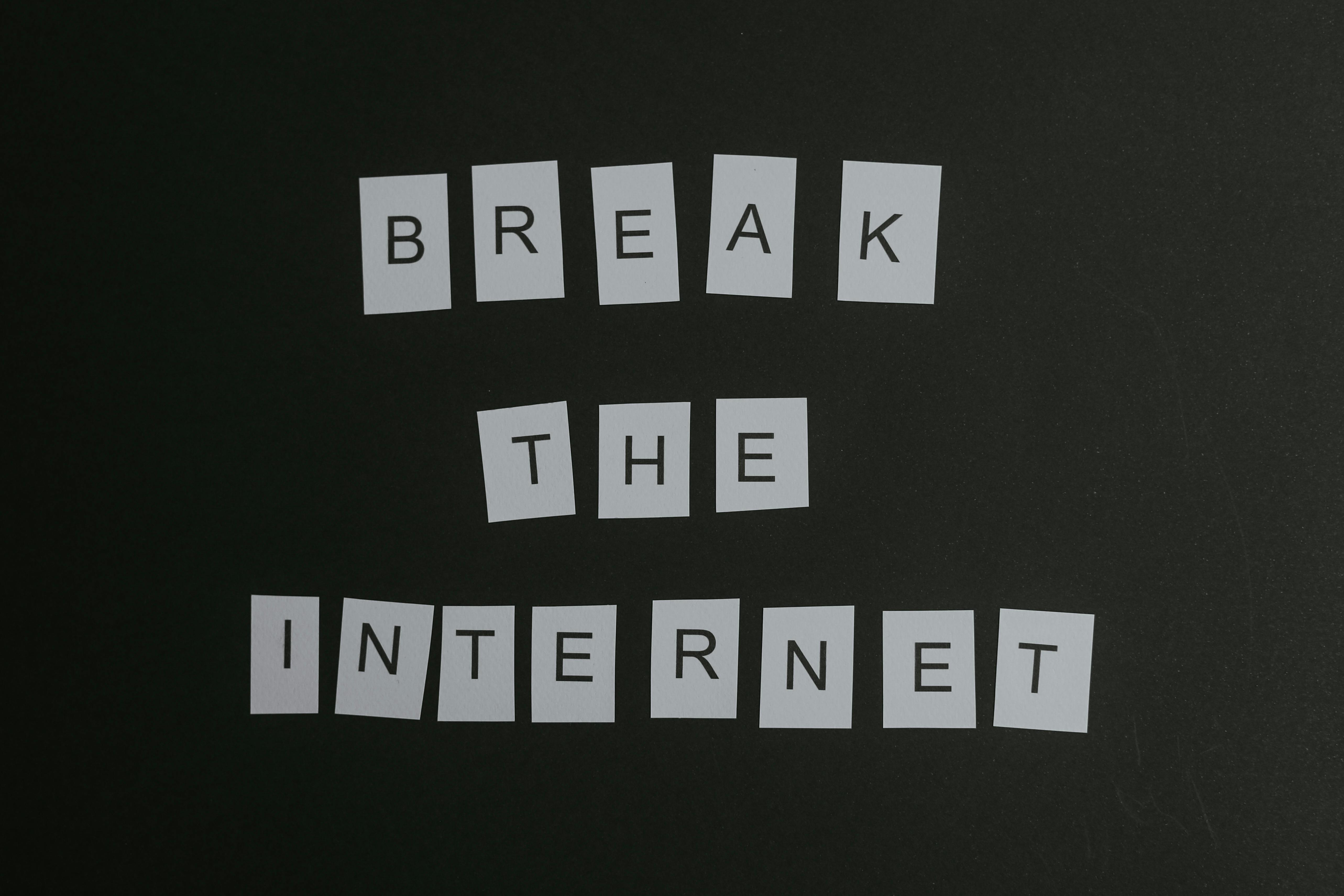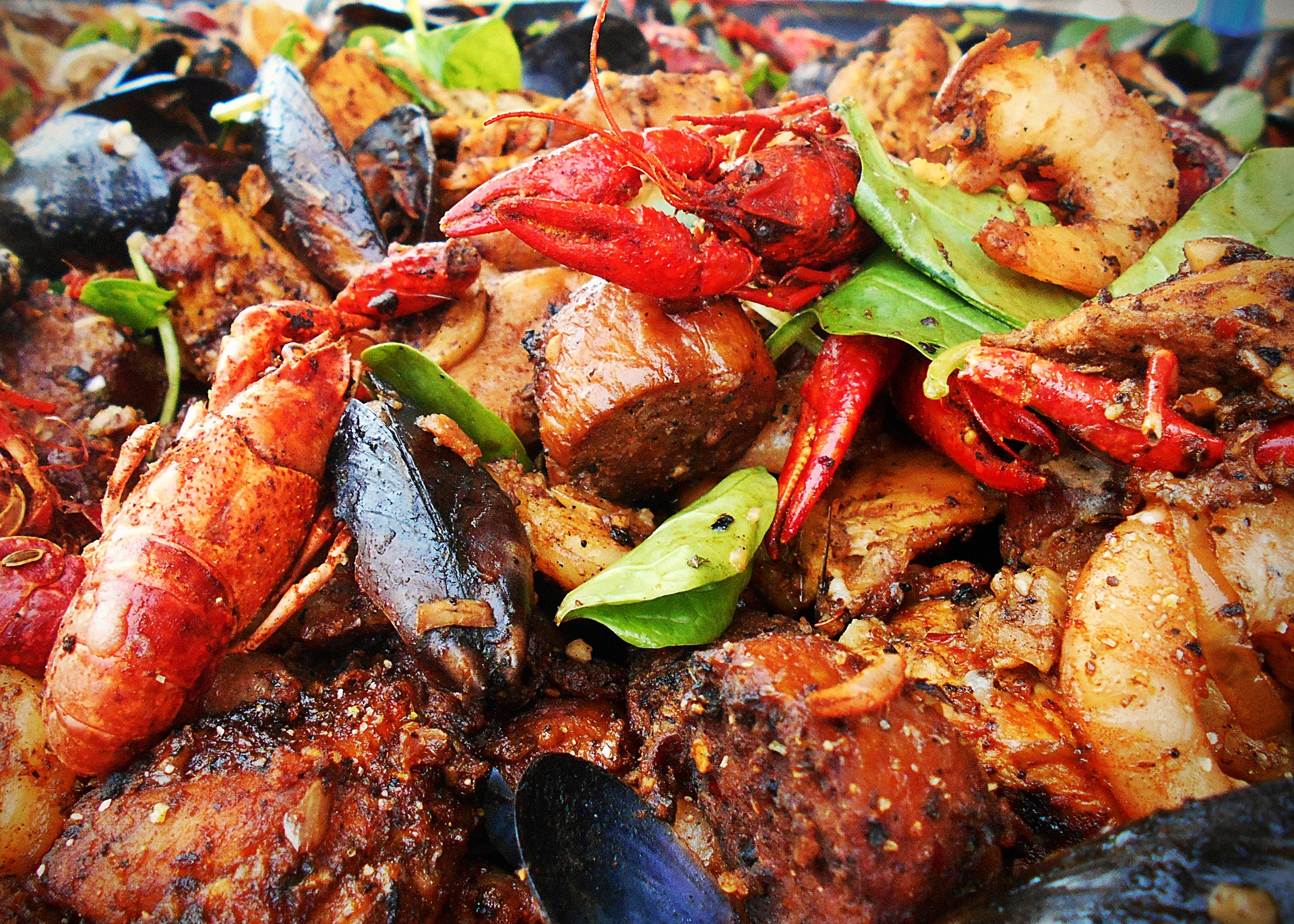Unraveling the Social Significance of Online Memes
In a world increasingly mediated by screens, memes have become a pervasive part of our digital culture. They have evolved from simple visual jokes into a sophisticated language of their own. Read below to delve into the intriguing sociocultural terrain of memes and their growing impact on society.

Meme Culture: An Introductory Overview
Memes, in their essence, are cultural units of information that spread from one mind to another, much like genes replicate and disseminate. British evolutionary biologist Richard Dawkins first introduced the concept in his 1976 book “The Selfish Gene.” However, the term ‘meme’ has taken on new life in the digital age. It now primarily refers to humorous images, videos, or texts shared and reshaped online.
The Evolution of Memes and Their Sociocultural Impact
Memes have evolved significantly since their inception, reflecting the rapid shifts in internet culture. They have transformed from simple image macros into diverse formats, including reaction GIFs, TikTok trends, and viral Twitter threads. This evolution mirrors the complexities of human communication, as memes often encapsulate shared feelings, ideas, or experiences.
The proliferation of memes has led to the emergence of ‘meme culture,’ a collective phenomenon that influences and reflects societal attitudes. Memes have become a means of communication, critique, and connection, often engaging with social, political, and cultural issues.
The Sociological Significance of Memes
From a sociological perspective, memes are more than just online humor. They serve as a form of social commentary, often addressing current events, politics, and societal norms. They can challenge power structures, question societal norms, and even mobilize social change.
Internet memes also play a significant role in forming and maintaining online communities. They foster a sense of belonging among users who share, understand, and engage with the same memes. This shared understanding of memes serves as a form of cultural capital, reinforcing in-group cohesion and identity.
Memes as a Tool for Social Change
Memes can be powerful tools for social change. They have the ability to spread ideas quickly and widely, reaching audiences that traditional media might not. Memes played a significant role in the global Occupy Wall Street movement, the 2011 Egyptian revolution, and the 2020 Black Lives Matter protests, showcasing their potential as tools for political mobilization.
However, the power of memes can also be harnessed negatively. They can spread misinformation, fuel online harassment, and reinforce harmful stereotypes. Hence, it is crucial to critically engage with meme culture, understanding its potential impacts and implications.
Decoding Memes: A Look into the Future
As we move further into the digital age, it is clear that memes will continue to play a significant role in our online and offline lives. They are fundamentally altering how we communicate, engage with social issues, and form communities. By understanding the sociocultural significance of memes, we can better navigate the digital landscape and its impact on society.




